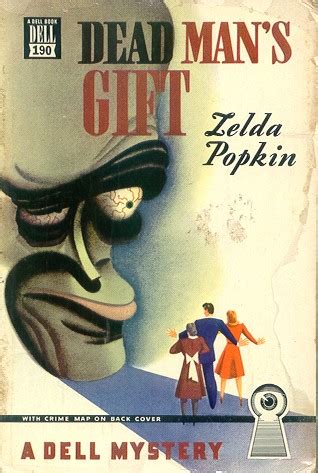A Quote by Neil Young
I don't like war. I particularly don't like the celebration of war, which I think the administration is a little bit guilty of.
Quote Topics
Related Quotes
Particularly when the war power is invoked to do things to the liberties of people, or to their property or economy that only indirectly affect conduct of the war and do not relate to the engagement of the war itself, the constitutional basis should be scrutinized with care. ... I would not be willing to hold that war powers may be indefinitely prolonged merely by keeping legally alive a state of war that had in fact ended. I cannot accept the argument that war powers last as long as the effects and consequences of war for if so they are permanent -- as permanent as the war debts.
I don't like the definition 'war correspondent'. It is history, not journalism, that has condemned the Middle East to war. I think 'war correspondent' smells a bit, reeks of false romanticism: it has too much of the whiff of Victorian reporters who would view battles from hilltops in the company of ladies, immune to suffering, only occasionally glancing towards the distant pop-pop of cannon fire.
World War Two was a world war in space. It spread from Europe to Japan, to the Soviet Union, etc. World War Two was quite different from World War One which was geographically limited to Europe. But in the case of the Gulf War, we are dealing with a war which is extremely local in space, but global in time, since it is the first 'live' war.
A war film can be propaganda and they're very valuable as propaganda, as we realized in Britain in the Second World War. Film as propaganda is a very valuable tool. It can also demonize, which is the dangerous side of a war film as propaganda. But there are war films that are not propaganda. It's just saying 'This is what it's like.' For 99 percent of us we don't know what it's like. We have no idea. So to reveal that to the audience is powerful.
It's a fascinating culture [the South in the Civil War period] and so rife with comedic possibilities. And not in a way that...I have no intention of making fun of re-enactors. I think it's more just a celebration of their passion and enthusiasm, which is so infectious and maybe at times a little misguided.



































